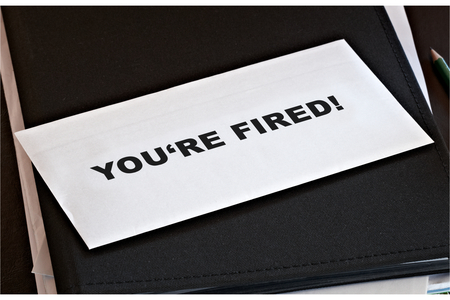Do You Plan to Practice Law Well into Old Age?

Last year, we asked readers about their retirement game plans as some lawyers were fighting for retirement benefits and others were acknowledging that retirement probably wasn’t an option.
But lately all we seem to be seeing are lawyers determined to practice until the bitter end: There’s the 79-year-old law grad; 90-year-old former Manhattan District Attorney Robert Morgenthau, moving to Wachtell, Lipton, Rosen & Katz; and 102-year-old U.S. District Judge Wesley Brown of Kansas, the oldest federal judge still hearing cases.
And even Arnold & Porter partner Michael Sohn—at 69, a young whippersnapper compared to the aforementioned—is leaving the firm where he spent 41 years in order to avoid the consequences of its mandatory retirement policy.
What we’d like to ask you: Do you intend to practice as long as you can? Not just to pay the bills, but for the love of the game, so to speak? Or do you have a second act planned for after your law career? (Segueing from law to a cupcake business seems to be a trend.)
Answer in the comments below.
Read the answers to last week’s question: Which SCOTUS Opening Argument Do You Wish You Could Have Witnessed?
Featured answer:
Posted by Mike Sacks: “There are just too many momentous or idiosyncratic arguments throughout the court’s history, so I’ll give you my latest fixation: Time Inc. v. Hill, 385 U.S. 374 (1967).
“What made this oral argument so interesting was not the issue itself—though that, too, was interesting, but rather the identity of the appellee’s advocate. None other than former VP Richard Nixon argued this case only a year before he was elected president.
“If that wasn’t fun enough, consider this: Nixon’s side lost 5-4 (or 6-3, depending on how you count Justice Harlan’s concurrence in part, dissent in part) and then he went on to crusade against the court in his 1968 campaign.
“But it gets crazier! The court’s first two casualties of Nixon’s election, Chief Justice Warren and Justice Fortas, actually voted in the Time v. Hill minority, with Fortas himself for the four dissenters in favor of Nixon’s arguments. That, of course, didn’t keep Fortas away from the wrath of Tricky Dick, nor did it inspire in law-and-order Nixon any sympathy for Warren’s criminal law jurisprudence.
“Listen to the argument at the Oyez Project. Nixon was really quite good, aside from some paper-fumbling towards the end of his argument.”



